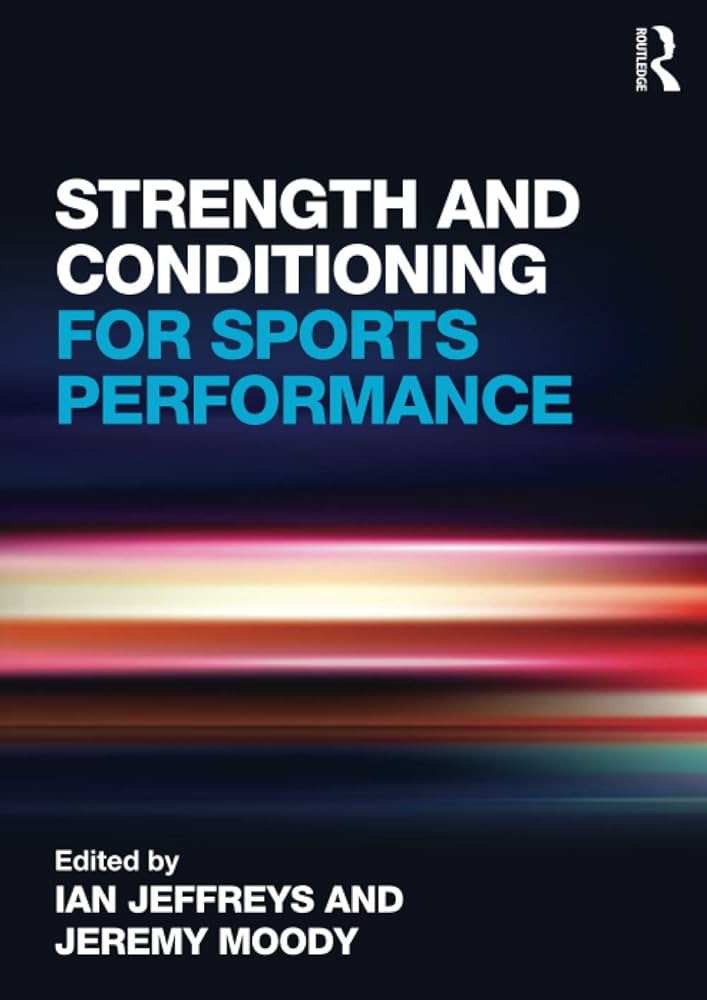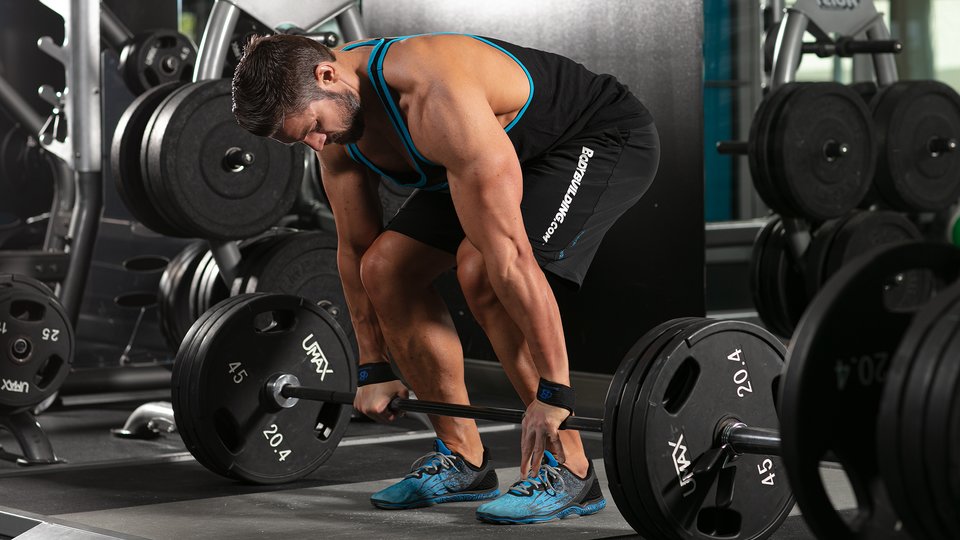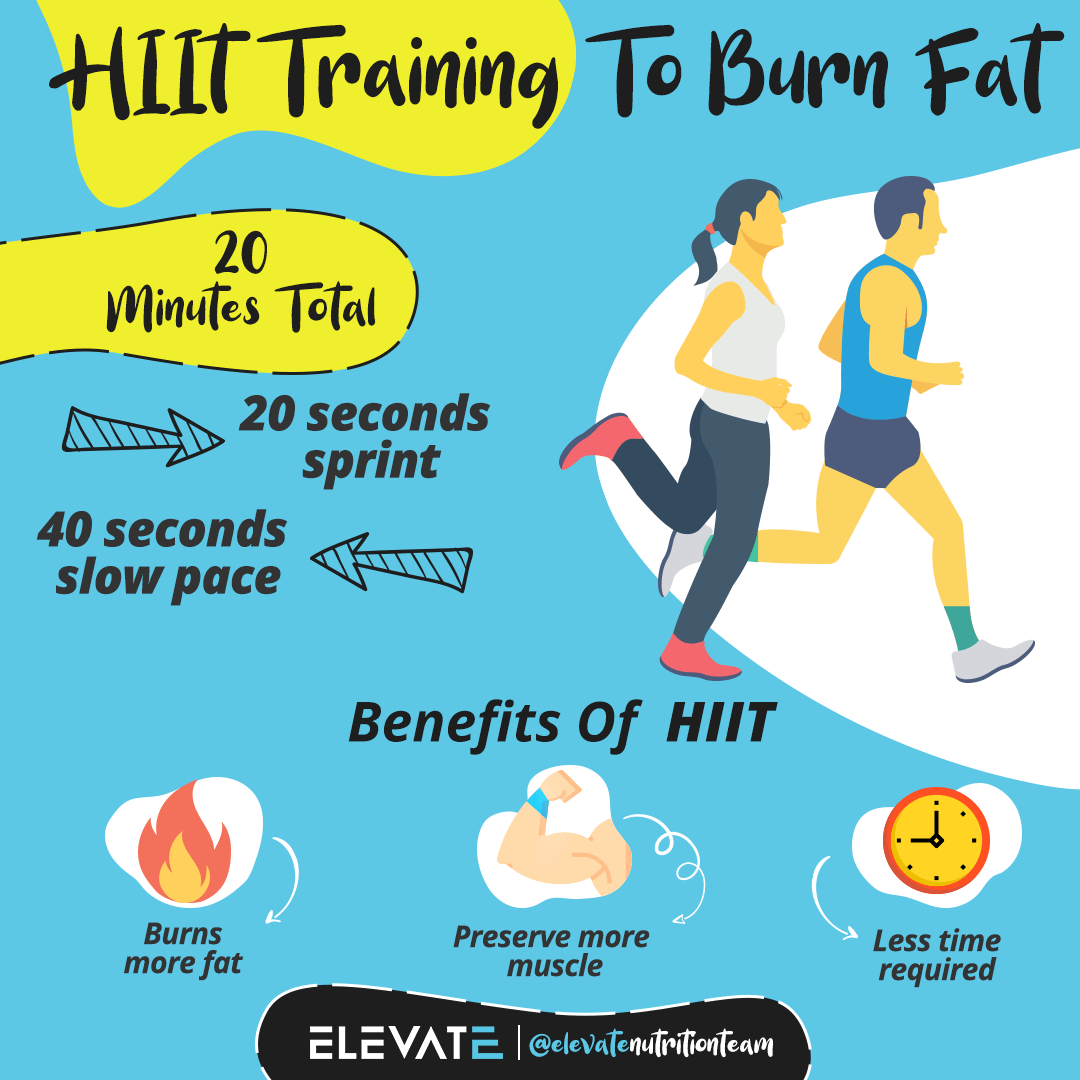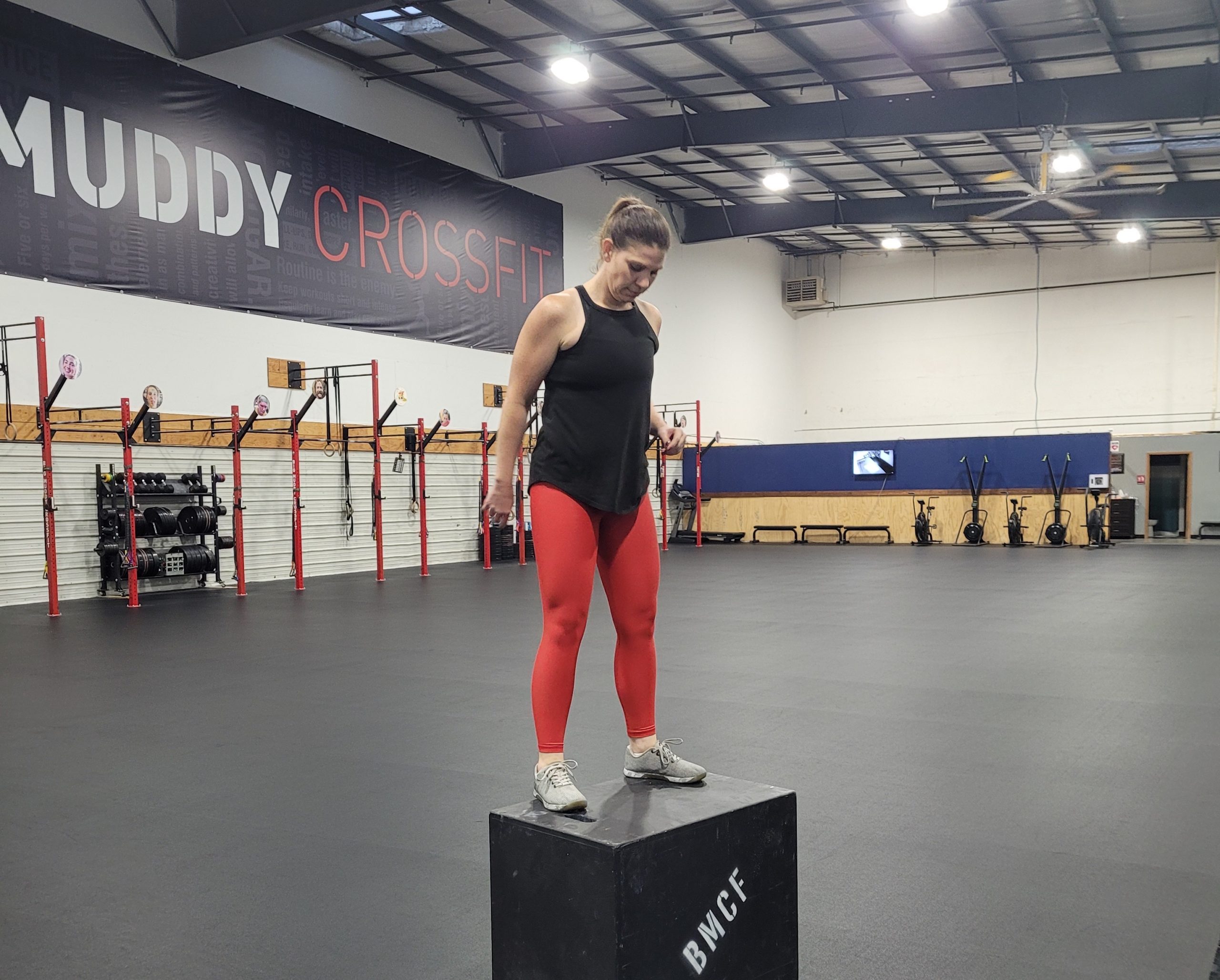Maximizing Your Performance – A Guide to Sports-Specific Training
Whether you’re a professional athlete or a weekend warrior, achieving peak performance in your chosen sport requires focused and intentional training. In this guide, we’ll explore the key principles of sports-specific training and provide practical tips to help you maximize your performance. From proper nutrition to tailored workouts, let’s dive in and elevate your game.
1. Understand the Demands of Your Sport
Each sport has its unique set of physical requirements. First, analyze the specific skills, movements, and energy systems that are crucial for success in your sport. For example, endurance and cardiovascular fitness are vital for long-distance runners, whereas explosive power and agility are essential for basketball players. By understanding these demands, you can tailor your training more effectively.
2. Develop a Periodized Training Plan
Periodization is a systematic approach to organizing your training into various phases. It helps optimize performance and prevent overtraining. Design your plan to include preparation, pre-competition, competition, and off-season phases. Focus on building foundational strength and conditioning during the preparation phase, then gradually shift to sport-specific drills and high-intensity workouts closer to your competition period.
3. Build a Strong Foundation
A solid foundation of strength and conditioning is crucial for athletes in any sport. Include compound exercises like squats, deadlifts, and bench presses to increase your overall strength. Additionally, incorporate plyometric exercises like hops and jumps to enhance power and explosiveness. Remember to maintain proper form and gradually increase the intensity and volume of your workouts.
4. Train Movements, Not Just Muscles
Sports-specific training focuses on improving the movement patterns involved in your sport, rather than isolating individual muscles. For example, a tennis player would benefit from practicing lateral movement drills and rotational exercises to improve agility and stroke mechanics. Consult a professional coach or trainer to identify and prioritize the key movement patterns for your sport.
5. Incorporate Sport-Specific Drills
To excel in your sport, you must directly practice the skills and movements involved. Incorporate sport-specific drills that mimic the demands of your game. For instance, a soccer player could practice dribbling and shooting drills, while a golfer might focus on swing mechanics and putting techniques. These drills improve muscle memory and enhance your ability to execute under game-like conditions.
6. Don’t Neglect Conditioning
Regardless of your sport, conditioning plays a vital role in maximizing your performance. Develop the necessary energy systems through a combination of aerobic and anaerobic training. High-intensity interval training (HIIT) is an effective method to improve cardiovascular fitness and simulate the intermittent nature of many sports. Incorporate sprints, shuttle runs, and circuit training into your workouts for optimal results.
7. Pay Attention to Nutrition and Recovery
Proper nutrition is the fuel that powers your performance. Eat a well-balanced diet consisting of lean proteins, complex carbohydrates, and healthy fats to support muscle growth, repair, and energy production. Hydrate adequately and include essential micronutrients through fruits and vegetables. Also, prioritize recovery by incorporating rest days, quality sleep, and active recovery techniques like foam rolling and stretching.
8. Seek Expert Guidance and Listen to Your Body
Working with a professional coach or trainer can provide valuable insights and guidance throughout your sports-specific training journey. They can assist in designing personalized training programs and ensuring proper technique. Remember to listen to your body and adjust your training as needed. Overtraining can lead to injuries and hinder your progress, so make rest and recovery a priority.
In conclusion, maximizing your performance in sports requires a comprehensive and tailored training approach. Understand the unique demands of your sport, develop a periodized training plan, and prioritize movements over muscles. Incorporate sport-specific drills, conditioning, and nutrition into your regimen, and don’t forget the importance of recovery. By following these principles and seeking expert guidance, you’ll be on your way to reaching your full potential in your chosen sport.











